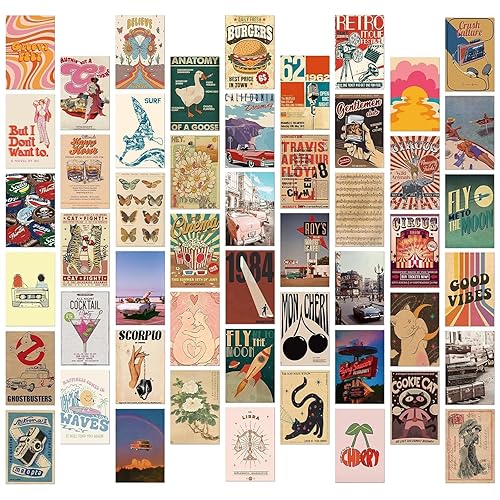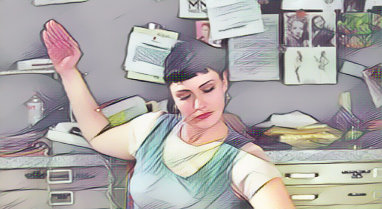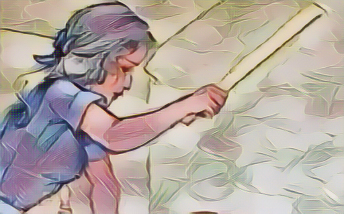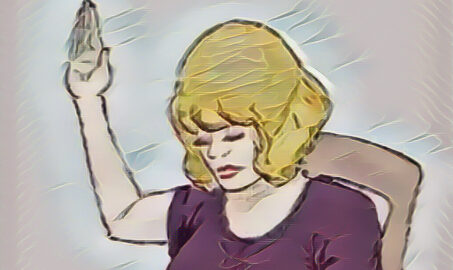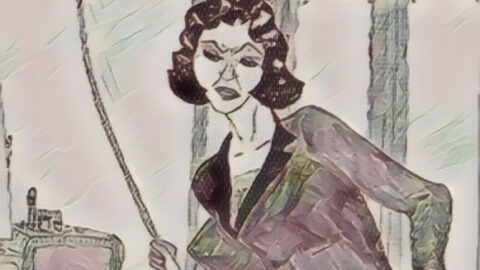(gap: 2s) The memory begins with the sun beating down on the railway tracks, the metal rails shimmering like silver ribbons in the heat. I was only eight, wild with the kind of reckless curiosity that makes children believe they’re invincible. The forbidden tracks called to me, promising adventure and danger in equal measure. I balanced on the rails, arms outstretched, feeling the rough wood of the sleepers beneath my sneakers and the vibration of distant trains humming through the soles of my feet. The air was thick with the scent of hot tar and wildflowers, and every so often, a grasshopper would leap from the tall weeds, startling me into laughter. The world felt wide and lawless, the clang of my footsteps echoing down the line, my heart pounding with the thrill of doing something I knew I shouldn’t.
(short pause) I was so lost in the moment—the sun on my back, the wind in my hair, the exhilarating sense of freedom—that I didn’t hear the distant shout at first. But then, a sharp voice cut through the summer haze, not my mother’s, but a stern, unfamiliar tone. I turned to see two police officers making their way down the embankment, their uniforms dark against the bright afternoon. My heart dropped. They called me over, their faces serious, and asked my name. I stammered, cheeks burning, as they explained that I was trespassing on the railway property—a dangerous and forbidden place for a child.
(short pause) The officers took me gently but firmly by the hand and led me away from the tracks. I remember the walk back to our house, my sneakers scuffing the pavement, my head hung low in shame. The police car parked outside our modest brick home felt like a spotlight, drawing the attention of every neighbor. My embarrassment grew with every step, knowing what was about to come.
(pause) My mother answered the door, her face a mask of confusion that quickly melted into horror as she took in the scene: her only child, escorted home by the police. She was a widow, a devout Christian woman who held her head high in our small community, and in that moment, I saw her pride crumble. The officers explained what had happened, their voices kind but firm, and I could see the mortification in her eyes—a deep, aching embarrassment that seemed to swallow the room whole.
(pause) After the officers left, the house was silent except for the ticking of the hallway clock. My mother stood in the doorway, her hands trembling, her lips pressed into a thin line. She didn’t yell. She didn’t need to. The weight of her disappointment was heavier than any scolding. I felt it settle on my shoulders, a burden I would carry for a long time.
(pause) That was the first and last time I was brought home by the police. The memory of my mother’s humiliation—her cheeks flushed, her eyes shining with unshed tears—haunted me far more than the threat of any punishment. She never spoke of it again, but I knew I had crossed a line, not just with the law, but with her trust.
(pause) But this time, something was different. My mother, usually so measured in her discipline, stood in the hallway for a long time after the police left, her face pale and her hands shaking. I could see her wrestling with what to do, the gravity of the situation weighing on her. She had always relied on the slipper for punishment, but now, she seemed to realize that what I had done was not just mischief—it was truly dangerous, something that could have ended in tragedy. (short pause) It was then that she told me, her voice trembling but resolute, that this was not a moment for the slipper. This was about teaching me the seriousness of my actions, about making sure I understood the real risks I had taken. (pause) She explained that, some time before, a member of our church congregation had suggested that she keep a cane in the house for the gravest offenses—a practice not uncommon in the 1960s. Taking that advice to heart, she had gone to the local hardware shop and bought a thin, whippy rod, one that looked almost exactly like the crook-handled school canes used in classrooms of the era. It had the same pale, polished finish and a distinctive curved handle, unmistakably similar to the traditional school canes with their iconic crook. The cane had always been kept out of sight, reserved for only the most serious situations. Now, for the first time, she reached for it. (pause) She told me that she needed me to remember this lesson—not out of anger, but out of fear for my safety, and out of love. Yet, as she spoke, I could sense a deep conflict within her. She knew I deserved the cane, that my actions had crossed a line, but her heart was not in it. I saw the hesitation in her eyes, the way her hand lingered, almost unwilling, as she took down the cane. It was as if she thought this punishment was too severe, that it pained her more than it could ever pain me. The cane, she said, was not just punishment, but a warning, a line that must never be crossed again.
(pause) She told me to stand in the middle of the hallway, my back to her, and I obeyed, my heart thudding in my chest. Her voice was quiet, almost trembling, as she instructed me to hold still. I could hear her steadying her breath behind me, the cane swishing softly as she tested its weight in her hand. Then, with a pause that seemed to stretch forever, she delivered the first stroke—sharp, clean, and stinging across the seat of my shorts. I gasped, more from shock than pain, but she waited, giving me a moment to absorb the lesson. (short pause) She gave me three strokes in total, each one measured and deliberate, spaced out so that the anticipation was almost as punishing as the cane itself.
